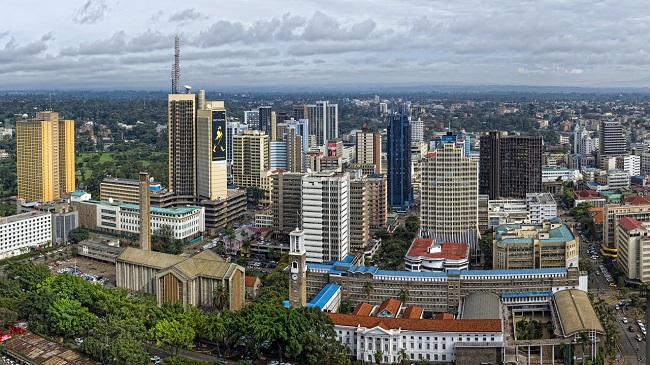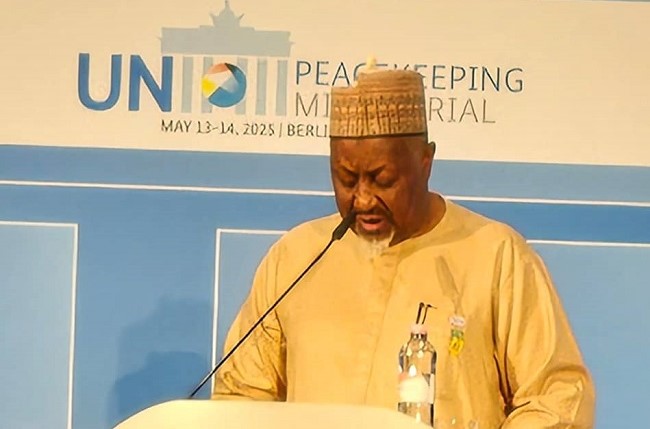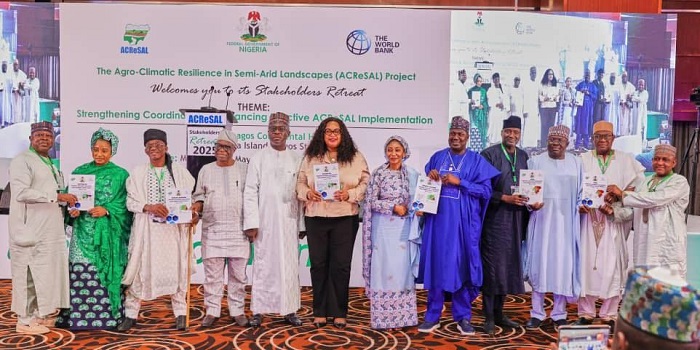Civil society organisations (CSOs), under the aegis of the Advisory Forum for Rent (AFR), have raised the alarm over the worsening housing crisis in Port Harcourt, Rivers State.

Mr. Caesar Enwefah, Convener of the forum, expressed this concern during the inaugural meeting of the newly established group held in Port Harcourt on Thursday, May 15, 2025.
Enwefah attributed the crisis to the escalating cost of renting accommodation in the city, which he blamed on arbitrary rent increases imposed by landlords.
According to him, rental costs have risen by over 300 per cent in low-income, middle-income, and affluent neighbourhoods across Port Harcourt within the past year.
“Due to the spiralling rent situation, many residents are now living in squalid and overcrowded conditions.
“This is why CSOs, and other stakeholders have come together to tackle this troubling development in Rivers State, particularly in Port Harcourt,” he stated.
Enwefah, a human rights activist, warned that, with the current rate of arbitrary increase, rent in the city could triple by December.
He cautioned that unless the situation was urgently addressed, thousands of residents may be rendered homeless.
“Previously, a one-room self-contained apartment was rented for between N150,000 and N200,000.
“Currently, the same apartment is being let for between N500,000 and N700,000. By year-end, the cost could rise to N1.2 million,” he said.
He explained that the situation had left existing and prospective tenants frustrated, with many residents relocating from Port Harcourt and Obio/Akpor to suburban areas such as Igbo-Etche and Oyigbo.
Enwefah dismissed claims that the high of rent was solely due to economic pressures, population growth, rural-urban migration, and the influx of migrants from neighbouring states.
He claimed that the development was not as if state was suffering from an active shortage of housing since there were sufficient accommodations available.
Enwefah alleged that the situation was as a result of lapses within the Ministry of Urban Development which created an artificial scarcity of housing.
“The ministry continues to issue licences indiscriminately to landlords, allowing them to convert parts of their properties into shops, thereby reducing the availability of affordable rental spaces,” he claimed.
Enwefah, however, called for an urgent review of the unregulated rent increases to ensure that ordinary citizens could access affordable housing.
Dr Mina Aprioku, Chairman of the forum, echoed Enwefah’s concerns and noted that the situation could be mitigated through the provision of affordable and low-cost housing for the populace.
He urged both the state and local government authorities to make use of the vast undeveloped lands within the state to initiate mass housing projects.
“For example, if a local government chairman were to reclaim a hectare of land in the creeks each month, imagine how many plots could be made available for housing within a year,” Aprioku suggested.
By Desmond Ejibas










